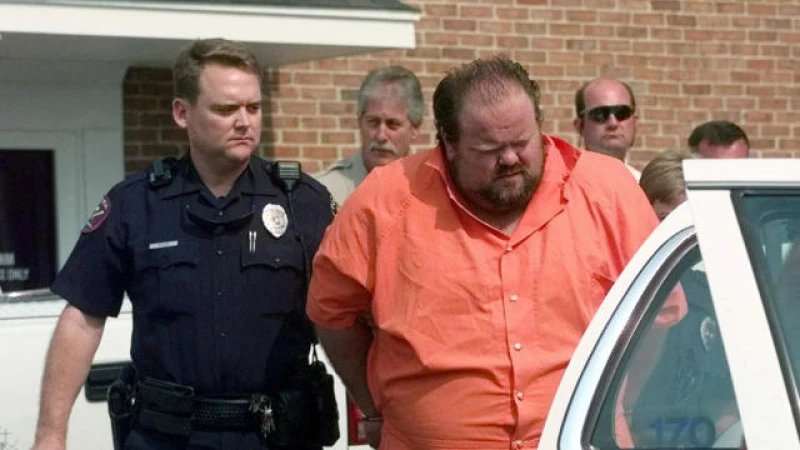Alabama is preparing for the upcoming execution of Alan Eugene Miller, a convicted murderer who is scheduled to become the second inmate in the United States to be put to death using nitrogen gas. This controversial method, known as nitrogen hypoxia, involves using a gas mask to deprive the prisoner of oxygen, ultimately leading to asphyxiation.
The first individual executed through nitrogen hypoxia was Kenneth Smith, who was executed in late January, making it the state's initial utilization of this method for an execution. While nitrogen hypoxia had been approved as an alternative execution technique in Alabama, Oklahoma, and Mississippi for some time, Smith was the first to undergo this form of execution earlier this year.
Miller's execution has been scheduled for September 26, as stated in a memo released by the office of Alabama Governor Kay Ivey on Wednesday. CBS affiliate WIAT
Ivey's memo came after a recent ruling from the Alabama Supreme Court that permitted the use of nitrogen gas for executions and granted the state's attorney general's request for the governor to set the date. Attorney General Steve Marshall had made the request in February, stating that Alabama was ready to proceed with the execution of Miller using nitrogen hypoxia, deeming it the appropriate time to carry out his sentence.
Aged 59, Miller has been awaiting execution in Alabama for many years following his conviction for the murders of three individuals in August 1999. While employed as a delivery driver at Ferguson's Enterprises in Pelham, near Birmingham, Miller fatally shot two coworkers, Christopher Yancy and Lee Holdbrooks, at the company's premises. He then proceeded to kill another man, Terry Jarvis, at a different location in the same city.
According to witness testimonies, Miller accused the three men of spreading rumors about him before shooting each of them multiple times, with court documents describing the murders in graphic detail. The court determined during Miller's trial that his actions were exceptionally brutal and heinous.
Previous attempts to execute Miller in 2022 were halted due to concerns about time constraints and difficulties in accessing his veins.
Miller was one of at least four death row prisoners in the state whose lethal injections were botched or halted over the last four years. Mishaps inside the execution chamber called into question Alabama's ability to carry out executions at all. Amid a shortage of lethal injections made available for capital punishment, the state has turned to nitrogen hypoxia as another potential option.
While it was not Smith's decision to die by nitrogen gas, Miller chose this execution method for himself and in fact fought for that choice in court. Ahead of the failed lethal injection attempt in 2022, a federal judge issued an injunction blocking Alabama from going through with Miller's execution after the inmate filed a lawsuit claiming that he had elected nitrogen hypoxia as his preferred means to die but the state had lost his paperwork.
Justices in a subsequent decision lifted that injunction, and the state tried to execute Miller shortly after. Alabama prison officials had said they did not have a record of any paperwork, and suggested that Miller was looking to delay his sentence. Death row inmates in Alabama were given a window of time to elect to die by nitrogen hypoxia after the state authorized it as an execution method in 2018.
Critics of nitrogen hypoxia point to its potential to cause unnecessary harm to the condemned and even endanger others present in the chamber.
Leading up to Smith's nitrogen execution in January, activists both in the United States and internationally voiced their opposition to the Alabama prison system for permitting the use of an untried method. The United Nations' top human rights official went as far as to declare that nitrogen asphyxiation "might constitute torture or other forms of cruel, inhuman, or degrading treatment or punishment under international human rights law."







